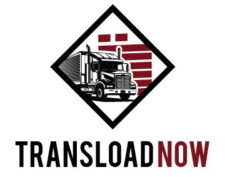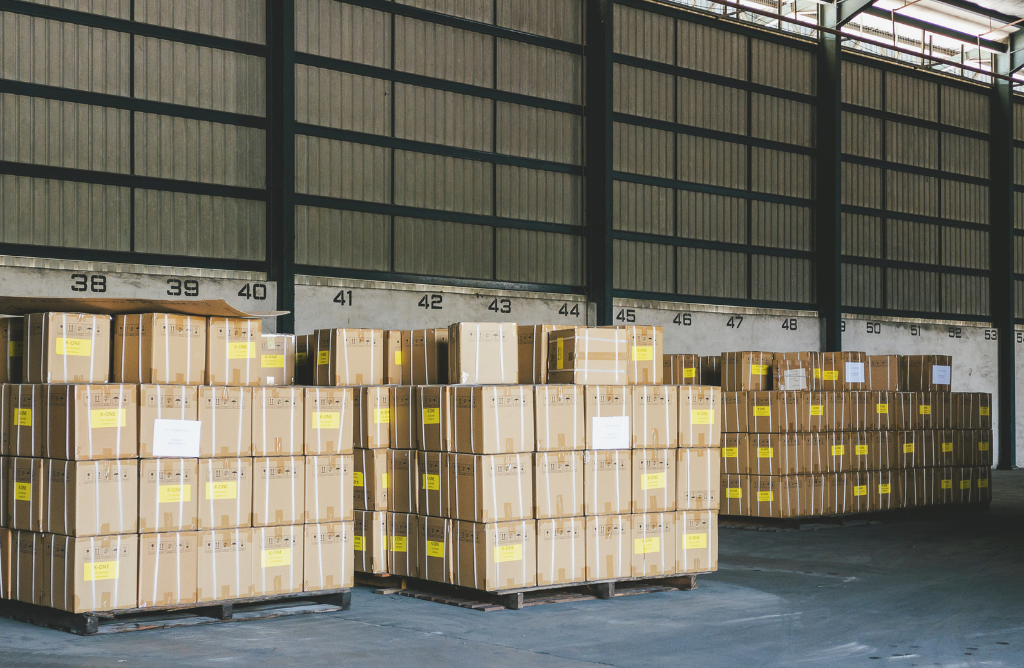Imagine your purchasing team just called about an unexpected surge in inventory, and your regular storage space is maxed out. This scenario plays out daily across supply chains, making short-term storage for freight a critical business solution rather than just a contingency plan.
The Evolution of Flexible Storage Solutions
Freight storage has transformed dramatically over the past five years. Traditional fixed-warehouse models no longer meet the demands of today’s dynamic supply chains. According to recent industry data, 67% of logistics managers now require flexible storage solutions to manage seasonal peaks and supply chain disruptions effectively.
Modern freight storage solutions have evolved to include sophisticated inventory tracking systems and real-time visibility platforms. Companies like Target and Walmart have pioneered hybrid storage models, combining traditional warehousing with flexible short-term solutions to optimize their supply chains. These adaptations reflect a broader industry shift toward agility and responsiveness.
The integration of IoT sensors and cloud-based management systems has also revolutionized how businesses monitor and manage stored freight. Real-time temperature monitoring, automated inventory counts, and predictive analytics now form the backbone of effective storage management.
Types of Short-Term Storage Solutions
Traditional Warehouse Space
Traditional warehouses remain a cornerstone of short-term storage solutions. These facilities offer climate control, security systems, and established handling procedures. Modern warehouses now incorporate automated storage and retrieval systems (AS/RS) to maximize space utilization and improve efficiency.
Cross-Docking Facilities
Cross-docking facilities serve as temporary holding points where freight moves quickly from inbound to outbound transportation. These facilities excel in situations requiring minimal storage time, typically less than 24 hours. Major retailers like Amazon use cross-docking to reduce storage costs and accelerate delivery times.
Container Yards and Depot Solutions
Container yards provide flexible storage options for both loaded and empty containers. These facilities offer:
- 24/7 accessibility
- Container maintenance services
- Chassis storage options
- Efficient load/unload capabilities
Mobile Storage Units
Mobile storage units represent the newest innovation in freight storage. These units bring storage capability directly to your location, eliminating additional transportation costs. They prove particularly valuable for:
- Construction sites requiring temporary storage
- Retail locations during seasonal peaks
- Manufacturing facilities during production surges
- Event venues needing temporary storage
Temperature-Controlled Environments
Specialized temperature-controlled storage solutions protect sensitive freight. These facilities maintain precise temperature ranges for:
- Pharmaceuticals
- Fresh produce
- Electronics
- Chemical products
Each solution type comes with specific advantages and considerations. For example, while traditional warehouses offer comprehensive security and handling capabilities, they often require longer-term commitments. Cross-docking facilities provide rapid throughput but limited storage duration. The key lies in matching your specific needs with the right solution type.
Industry experts predict a 23% growth in flexible storage solutions over the next three years, driven by e-commerce expansion and supply chain volatility. This growth underscores the importance of understanding and leveraging different storage options effectively.
When Do You Need Short-Term Storage?
Supply chain volatility demands quick storage solutions. Seasonal inventory fluctuations create predictable storage needs, while market disruptions require immediate responses. Peak season preparation remains crucial for retailers and manufacturers who need buffer capacity. Many companies underestimate their storage needs during special projects or facility transitions, causing immediate need for short-term storage. Emergency situations, from weather events to unexpected port congestion, make short-term storage essential for business continuity.
The cost implications of poor storage timing impact both operations and customer service. A thorough analysis of your storage patterns helps identify when temporary solutions make more financial sense than fixed facilities. The key lies in recognizing early warning signs that indicate upcoming storage demands.
Selecting the Right Short-term Storage Solution
Location drives storage decisions. Proximity to transportation hubs, customers, and your existing facilities impacts both cost and efficiency. Security requirements vary by cargo type and value. High-value goods need advanced surveillance and access controls, while basic commodities may require only standard security measures.
Modern freight storage facilities must integrate with existing technology systems. Your warehouse management system should seamlessly connect with temporary storage locations. This integration enables real-time inventory visibility and simplified documentation. Compliance requirements may add another layer to the selection process. Different industries face varying regulations about storage conditions, documentation, and handling procedures.
Consider scalability when selecting storage solutions. Your needs may grow or shrink rapidly, and your storage partner should accommodate these changes without penalty. The right provider offers flexibility in both space and contract terms.
Technology and Storage Management
Technology transforms storage management from a static operation to a dynamic, data-driven process. Modern tracking systems provide real-time location and condition monitoring of stored freight. These systems integrate with transportation management platforms to create seamless visibility across your supply chain.
Short-term storage facilities increasingly utilize artificial intelligence for space optimization and inventory management. Predictive analytics help forecast storage needs and identify potential bottlenecks before they occur. The technology investment pays off through reduced handling costs and improved space utilization.
Data analytics reveal patterns in storage usage, helping companies make informed decisions about capacity planning. This intelligence transforms reactive storage decisions into proactive strategy. The key lies in selecting technology that provides actionable insights without overwhelming operations teams with unnecessary data.
Cost Considerations and ROI
Storage costs extend beyond basic space rental. Traditional pricing models charge by square footage, but modern solutions offer more nuanced approaches. Some facilities now price based on actual space utilization, measured through advanced tracking systems. This model benefits companies with fluctuating storage needs.
Insurance represents a significant but often overlooked cost component. Coverage requirements vary based on cargo value and storage duration. Labor costs fluctuate depending on the location of the warehouse and the handling requirements. Technology investments in freight storage management typically show returns through reduced handling errors and improved space utilization.
Smart contracts and flexible terms have emerged as cost-saving opportunities. Companies can now scale their storage space up or down based on real-time needs, paying only for space they use. This flexibility transforms fixed costs into variable expenses, improving overall financial efficiency.
Conclusion
The landscape of short-term storage for freight continues to evolve with market demands. Success requires a balanced approach to technology, location, and cost considerations. Start by assessing your current storage patterns and pain points. Then evaluate potential solutions based on your specific requirements for accessibility, security, and integration capabilities.
Maintaining clear communication channels with their storage providers is a critical factor for implementation success. Regular performance reviews help identify opportunities for optimization. The future of freight storage points toward increased automation and real-time optimization. Industry leaders predict continued growth in flexible storage solutions as supply chains adapt to market volatility.
Ready to revolutionize your freight storage strategy? TransloadNow delivers customized storage solutions that adapt to your business needs. Connect with our local warehouses today to receive your personalized storage quote.

